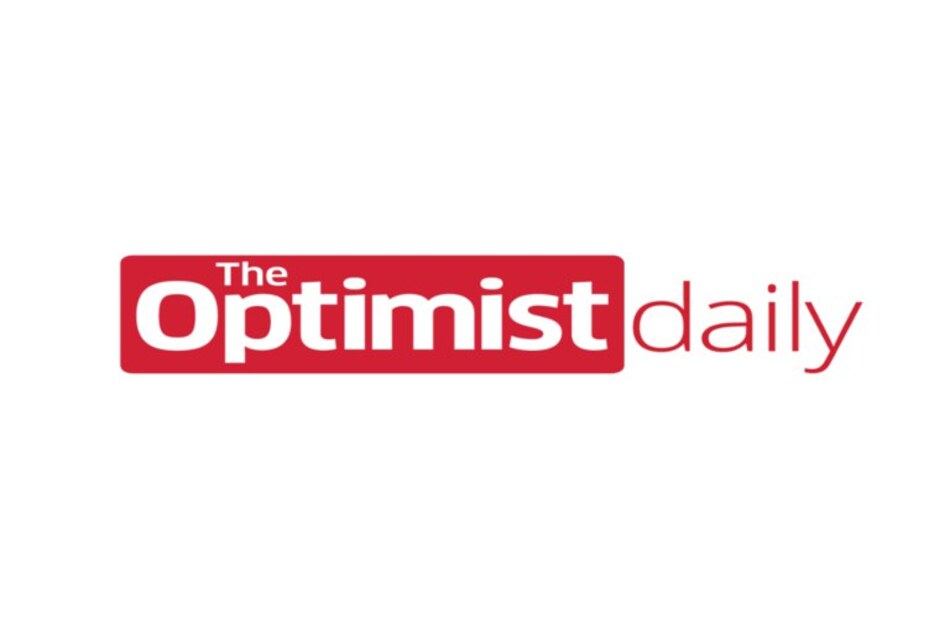Maxwell Chimedza, or “Dr. Maxx” to his students, is a 27-year-old teacher and although he is considered “unqualified,” his students earn grades that put them in the same league as students from Zimbabwe’s expensive and elite boarding schools. How does he manage to achieve such a feat? Through WhatsApp.
“Honestly, I don’t know how to operate a computer. I’m a WhatsApp exam-refiner,” he says. Chimedza himself was a shining student, earning 14 A-Level examination distinctions in 2012, but unfortunately, his family was unable to afford the costs to send him to university, which prevents him from joining the 136,000 formal teachers in Zimbabwe because the profession requires a three-year degree.
Instead, Chimedza started his WhatsApp “student-polishing” project in 2019. He’s set up class timetables, added audiovisual material for his students, and runs mock tests and grades assignments as part of his “last-mile” preparation program for students who are about to take Zimbabwe’s extremely competitive high school A-Level exams. “Three months before exams, I can polish a student to get A-mark distinctions,” he says.
Traditional schoolteachers get paid around $260 per month, however, Chimedza only started earning a living from his efforts as a gratuity. In 2019, Zimbabwean parents in South Africa started to wire him $10 per subject every month. This would go towards paying for the 25GB of monthly data need to host a WhatsApp classroom, which costs around $40.
Once Covid-19 hit, the demand for Chimedza’s WhatsApp classrooms skyrocketed. When Zimbabwe shut down schools and restricted public transport in March 2020, the Ministry of Primary and Secondary Education, supported by UNICEF, decided to broadcast school lessons over local radio. Even though internet-enabled education provides students with richer educational resources, the internet is still quite expensive and inaccessible for many lower-income families.
Mobile internet in Zimbabwe is also pricey compared with many sub-Saharan African countries, however, WhatsApp-specific bundles are much more affordable at around 50 cents to $1 for weekly, limitless data bundles. This makes Chimedza’s WhatsApp academy accessible and affordable for most Zimbabwean families.
Chimedza hopes to see the government of Zimbabwe incorporating official WhatsApp school curriculums so that quality education can have a far wider reach. “Consider registering these cheap WhatsApp schools,” he says. “WhatsApp schools mean no expensive uniforms or desks.”
O’bren Nhachi, an independent social scientist, agrees. “WhatsApp has over 5 or 6 million users in Zimbabwe… some classrooms can be brought to students sitting in the kitchen via cellphones.”
However, Josiphat Gwezhira, research secretary for the Progressive Teachers’ Union of Zimbabwe points out some weaknesses of this plan. “Even in Zimbabwe’s cities, zones exist where WhatsApp signals are very difficult.” Gwezhira also explains that a good portion of teachers and students don’t have cellular phones and many who do still avoid going online unless they have a benefactor.
Still, WhatsApp lessons would be the most affordable option for many who wish to send their children to school and can be improved if internet reach is extended through the country. In any case, Chimedza’s efforts prove that a cheap, yet successful, remote classroom can and has worked. He was excited to report that when Zimbabwean schools opened briefly for examinations this past September, all the 64 students who attended his courses earned 100 percent on their exams.











